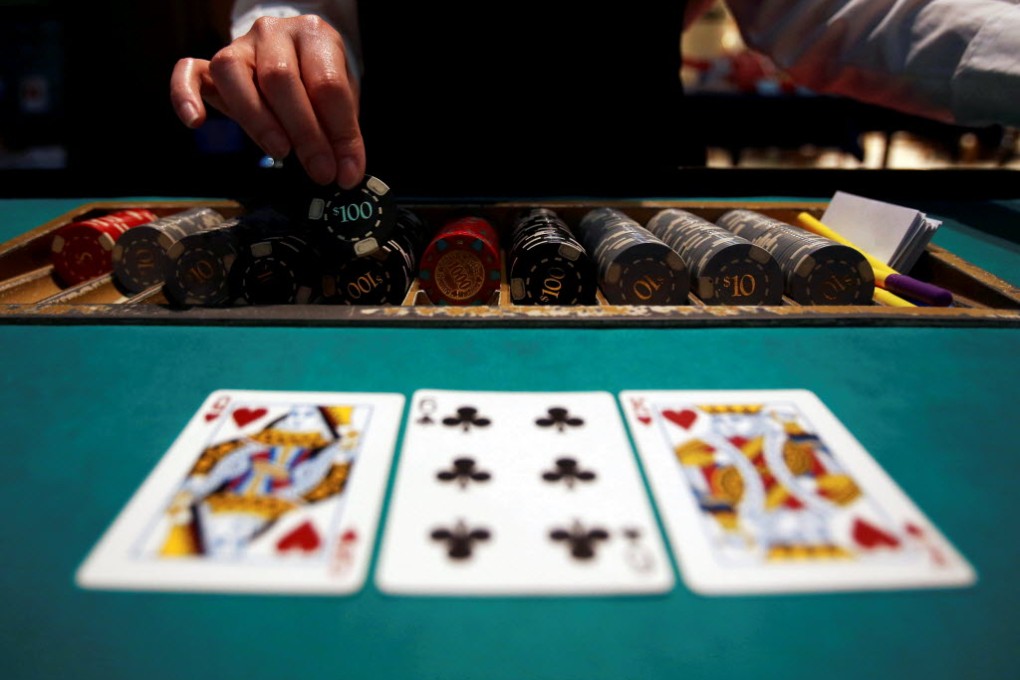Advertisement
There’s a crackdown on China’s beloved digital poker games
Tencent hit hard as regulators are no longer approving new poker and mahjong games
Reading Time:2 minutes
Why you can trust SCMP

This article originally appeared on ABACUS
China loves poker games. But it looks like the Chinese government is trying to stamp them out.
A new batch of 795 games were recently approved -- but none were poker or gambling titles. Contrast that to 2018, where nearly half of all games approved (962, to be exact) were poker games.
It comes as part of a wider crackdown on the online gambling industry. Throughout the last year, authorities have blocked or removed apps and there have been a number of arrests.
Advertisement
The crackdown has been especially hard for Tencent, which pulls in more gaming revenue than any other company in the world.
Tencent, China’s social and entertainment giant
In September, Tencent shut down its popular Texas Hold ‘Em Poker and Happy Fight Poker apps. The following month, more poker games were targeted when multiple Texas hold’em mobile apps were blocked.
Advertisement
Gambling rings in China often operate through China’s ubiquitous chat app WeChat, through which people send money using WeChat Pay. Shenzhen authorities arrested dozens of people from 2017 to 2018 in connection with gambling activities on WeChat and QQ, another Tencent-owned messaging service.
Advertisement
Select Voice
Choose your listening speed
Get through articles 2x faster
1.25x
250 WPM
Slow
Average
Fast
1.25x